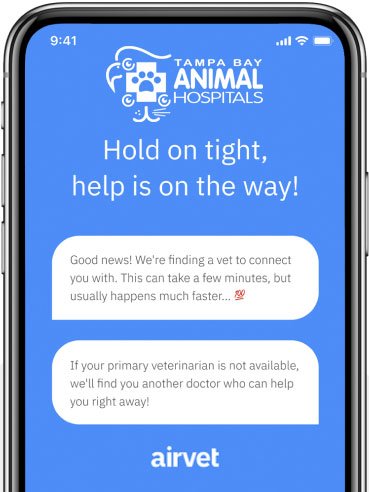Our 9 month old Newfoundland was recently diagnosed with a very advanced hip dysplasia, but he doesn’t seem to be in any pain yet. I’ve read about glucosamine-based nutritional supplements, non-steroidal anti-inflammatory drugs (NSAID) and also an ADEQUAN-CANINE drug that is described as a miracle cure. What do you recommend as the best treatment for our beloved pup?
Newfoundlands are great dogs I am sorry to hear about your puppy’s diagnosis, unfortunately hip dysplasia is a common problem in many dog breeds and in most cases there are several treatment options that can help them to have a fairly normal life. Hip dysplasia is something these dogs are born with and can be diagnosed as young as 14-16 weeks with certain types of x-rays. If your dog has not had x-rays yet or recently that would be a first step as we can know if the hips are completely luxated (not in the socket), subluxated, and if any arthritis is present yet. Because the joint does not move normally arthritis forms which is usually why these dogs become painful. The level of arthritis and a good orthopedic exam to look at your dog’s range of motion and comfort level may help direct treatment options.
There are both surgical options for hip dysplasia including 1) Total Hip Replacement 2) Femoral head ostectomy and some other procedures like JPS which are done early in growth which would not likely benefit your puppy at 9 months old. If dogs are already showing signs of pain at an early age surgery can help to give them back a more normal or at least less painful joint and I would recommend speaking with a veterinarian that performs orthopedic surgeries to hear more about these options. In other cases where surgery is not an option or not advised for the level of hip dysplasia medical management is used.
Medical management is a combination of 1) healthy joint diet and staying at a good body weight (these dogs do much better if not overweight) 2) joint supplements – this is where glucosamine and Adequan fit it and I will discuss these a bit more in a minute 3) pain and anti-inflammatory medications – like rimadyl, metacam, tramadol, etc. and 4) physical therapy – stretches and exercises to keep good mobility and muscle tone. We often use a multi-modal approach so for example I may recommend a dog be on Science diet J/D diet, use adequan, rimadyl and meet with a physical therapist to learn how to do exercises at home.
To get back to joint supplements they are designed to help keep the joint cartilage healthy which provided a cushion between the bones, I have used multiple products for my patients depending on their needs and the comfort level of the owners. Oral glucosamine supplements are not regulated by the FDA the way that drugs are and so it is very important to purchase them from a reputable source, the best being a veterinary office, they are very safe and many owners do notice significant improvement however in scientific studies they can be difficult to prove much more benefit than a placebo (sugar pill). Adequan has more proven benefit in dogs including studies that used a small camera to look into the joints (arthroscopy) and examine the cartilage and I have seen significant improvement in mobility in many dogs that helps them go back to longer walks and running. Adequan is given as an injection either into the muscle along the back or just underneath the skin. There is initially an injection given twice weekly for a month then every 2-4 weeks life-long for maintenance. Many owners have learned to give these injections at home and dogs generally tolerate them very well.
Non-steroidal anti-inflammatory drugs (NSAIDS) are used primarily to help manage the discomfort that comes with arthritis from hip dysplasia. Other drugs of this class used in people include aspirin or ibuprofen but it is VERY important to only use nsaids prescribed by your veterinarian as many of the over the counter products are not safe in our pets and can lead to bleeding stomach ulcers or internal organ damage. These drugs are usually added when dogs are showing signs of discomfort/pain, in hip dysplasia these signs can be subtle like difficulty standing up, not willing to walk up stairs or jump into the car or in severe cases can be seen as limping. Most dogs will not cry out or whine like if you stepped on a toe because it is a more subtle achy pain that is there all the time. Your veterinarian can help determine your dog’s pain score with a series of questions and a good orthopedic exam. It is also important to monitor the liver and kidney function of dogs that are on nsaids long-term, we do this with a small blood/urine screening every 6 months.
So in summary, the only “cures” for hip dysplasia are surgical so in a dog so young I would advise at least meeting with a veterinarian to discuss surgical options. There are many aspects to medical management of hip dysplasia/arthritis and often we use a multi-modal approach where a combination of therapies (diet, joint supplement, nsaid) are all used together but this can vary based on the pet and owner’s individual needs and preferences. Any of our veterinarians would be very happy to meet with you and your puppy at any time.


